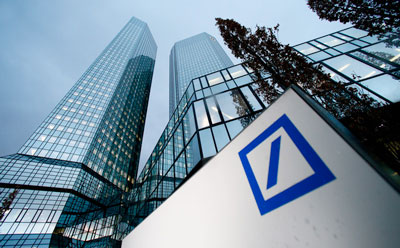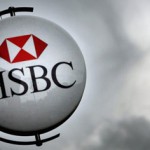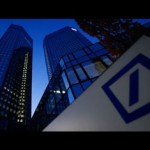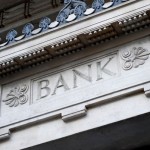Deutsche Bank Attacks Basel Plan’s Threat to Repo Market

Global banks from Deutsche Bank AG (DBK) to Credit Suisse Group AG (CS) are urging international regulators to rethink a liquidity rule they say risks harming the market for repurchase agreements and pushing up governments’ borrowing costs.
Draft plans from the Basel Committee on Banking Supervision, aimed at ensuring banks obtain more of their funding from stable sources, also risk penalizing lenders that invest in securitized debt, according to consultation responses submitted by the industry.
The draft measures are “unnecessarily punitive,” Deutsche Bank said in its written submission, published on the Basel group’s website. “We are concerned that the market for reverse repo would be substantially distorted.”
The Basel rule, known as a net-stable funding ratio, or NSFR, was designed to prevent a repeat of events such as the near collapse of Northern Rock Plc. The British lender, which relied on short-term borrowing to finance mortgage lending, was stricken by the credit crunch and had to be nationalized in 2008.
Under the Basel measure, different kinds of investments and activities that banks engage in are assigned weightings to determine how far they must be backed by funding sources that are judged to be stable.
The draft rule also sets out how far different types of funding for banks, such as debt issuance and customer deposits, can be counted toward this stable funding requirement.
Minimum Standard
The Basel group in January published a draft blueprint for the measure, on the basis that the standard will become binding on lenders from 2018.
The NSFR is a “key component” of regulators’ efforts to make banks more resilient, the group said when it published the draft plans.
Repo trades are contracts in which one investor agrees to sell a security and then buy it back at a future date at a pre-agreed price. Reverse repo contracts are the same transaction seen from the point of view of the other participant, who hands over cash in exchange for the security, to be sold back later when the funds are returned. The security acts as collateral for the loan.
Short-Term
According to assessments by banks, the Basel plan sees reverse repos as a type of secured lending by banks that needs to be at least 50-percent financed using stable funding sources.
This risks forcing banks to issue more debt that counts as stable funding, so pushing up their costs, and “resulting in a large degree of pass-through to the client,” Credit Suisse said in its response to the Basel consultation.
As government bonds are one of the main types of securities used in repo trades, lenders are warning that an increase in transaction costs caused by the NSFR would in turn affect demand for sovereign debt.
Sovereign Debt
The NSFR in its current form could “reduce liquidity in government and agency bond markets,” Credit Suisse said.
“Since the financial crisis, U.S. dealers have reduced their reliance on and provision of Treasury repo as a means of funding relative to the size of the overall market,” the bank said. “The NSFR requirements risk causing this to slip further.”
Credit Suisse’s concerns are echoed by other submissions to the consultation, including a joint paper from several industry groups.
“To the extent that these types of transactions are forced to be financed longer term, it will radically change the economics of participation in government and other short-term markets,” the groups, including the Global Financial Markets Association, said.
Lenders also argue that the rule would require too much stable funding to back investments in securitized debt, and that Basel should raise the stability rating given to so-called operational deposits.
Basel Concessions
The liquidity standard is the latest in a series of draft measures from the Basel committee to face a push-back from banks, and follows battles over tougher capital rules, and a requirement that they hold enough easy-to-sell assets to survive a 30-day credit squeeze. In many cases the final Basel standards have been less tough that the steps initially proposed.
The NSFR “will help to identify less stable funding structures and – without unduly hampering banks in their traditional role of maturity transformation – encourage them to develop more robust funding profiles,” Stefan Ingves, the Basel committee’s chairman, said when the proposals were released for consultation in January.
The Basel committee brings together regulators from 27 nations including the U.K., U.S. and China to co-ordinate rulemaking. The Basel group’s secretariat didn’t have immediate comment.
Source: bloomberg





























